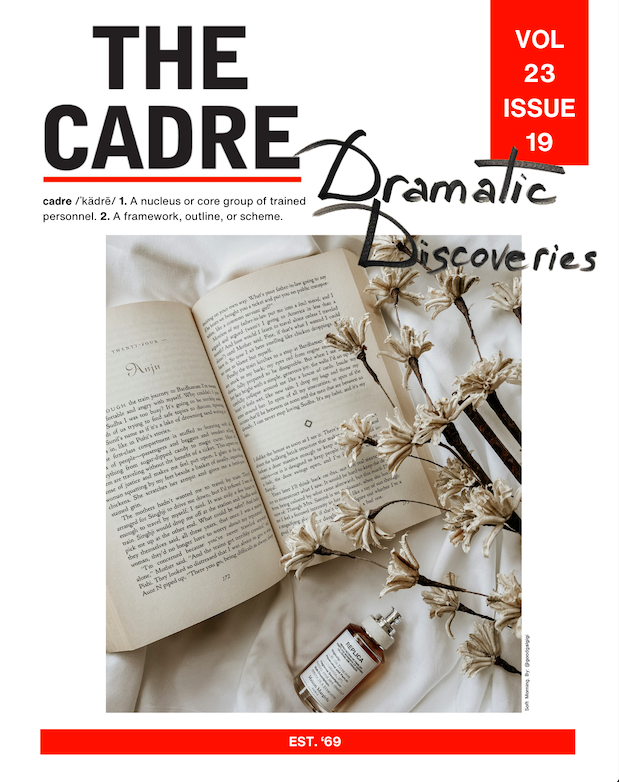Have you been sweating it out in the gym for your “new physical me?†Or have you been exclusively shopping in the produce aisle for your “new healthy-eater me?†Or maybe you’ve been going to bed a little bit earlier and you are working on being a “new better-rested me.†Whatever your “New Year, New Me†resolutions are, I hope you’re incorporating a “new better-writer me.â€
Speaking of the word “me†reminds me that pronouns can be a prickly problem. Language is continuously changing, as is our openness for people of all genders, and this is a good thing. But what does this mean for you as a writer?
Well, I consulted the fiery feminists, and social justice warriors on the Writing Centre staff and on campus. Here’s the deal with pronoun use in writing:
He or She; Him or Her; His or Hers
- “He or she†has traditionally been used when the word it refers to (called an antecedent) is singular. Unless, of course, the writer is referring to a specific person, and knows the pronoun of that the person.
They/Their/Them
- Here’s where things get interesting, and why I’m in this business in the first place. In the past, “they/their/them†has only been used when referring to more than one person.
- However, now that perceptions and realities of gender are changing, “they/their/them†is considered a more inclusive way to refer to a singular person. I don’t want to make this personal, but look at me. For years, I’ve been Gary, even though I’m a pencil. It’s been confusing, to say the least. I don’t know what the parents were thinking. Obviously, they weren’t thinking. I need to regroup. I need a new me. I need … a new pronoun … or maybe no pronoun at all??
But I digress. This column is about you and your relationship with pronouns, so let’s take a look at the following examples, and see how all of this works:
Using a singular pronoun for a singular antecedent:
“A student left his or her backpack on the bus. Poor him or her!â€
Using a plural pronoun for a plural antecedent:
“Some students left their backpacks on the bus. Poor them!â€
Using a specific singular pronoun when the gender reference is known:
“Sarah left her backpack on the bus. Poor her!â€
Using a plural pronoun when the gender reference is known, or when the gender is unknown, or simply to be inclusive and respectful:
“Sarah left their backpack on the bus. Poor them!â€
“A student left their backpack on the bus. Poor them!â€
So there you have it. Sure, the hard-core grammarians might be slow to accept such changes, but I mean, hey, we are the new generation! We get to make changes to our language.
Peace out.
G. Graphite









